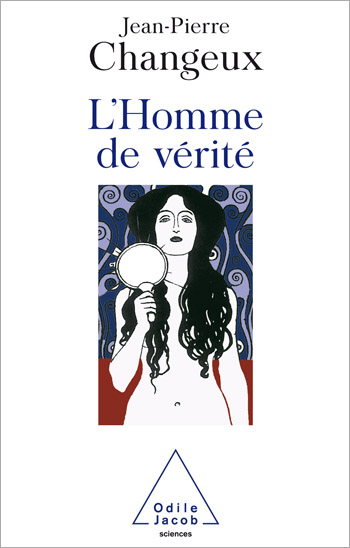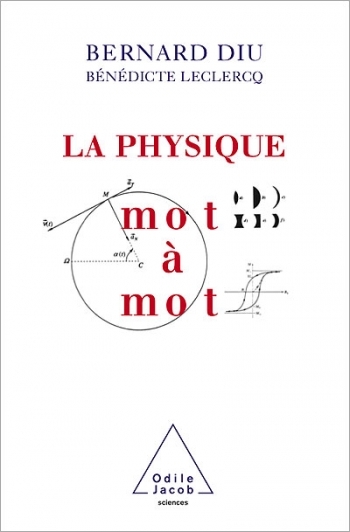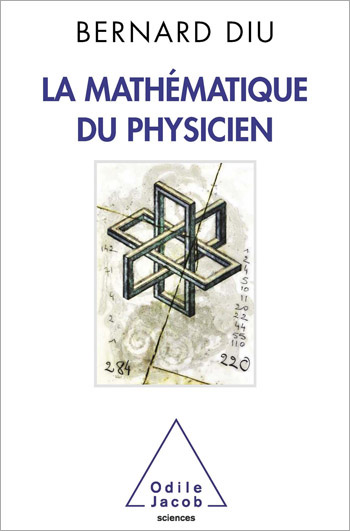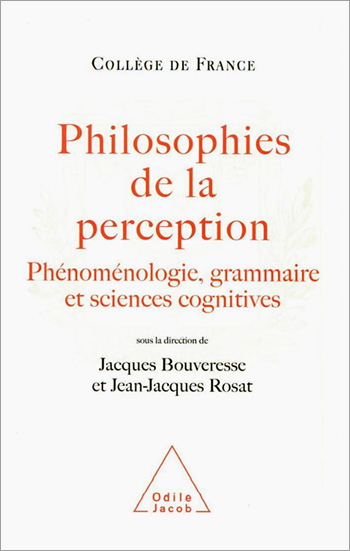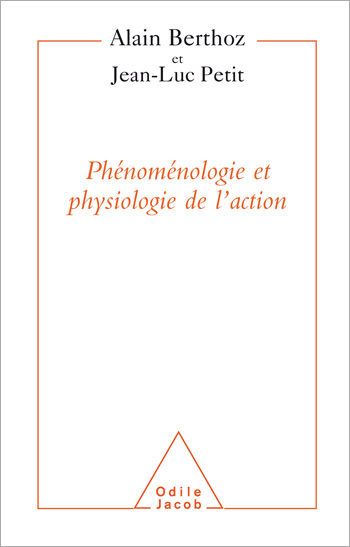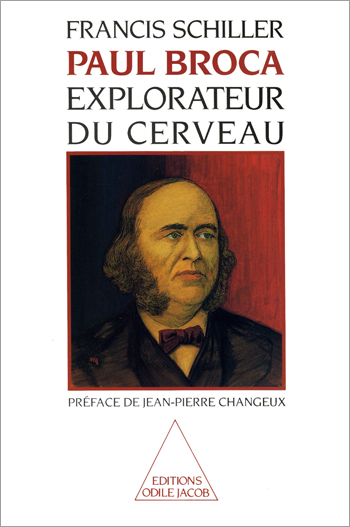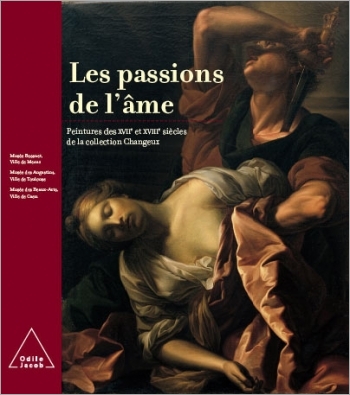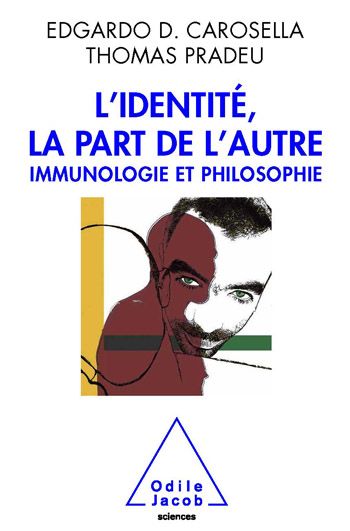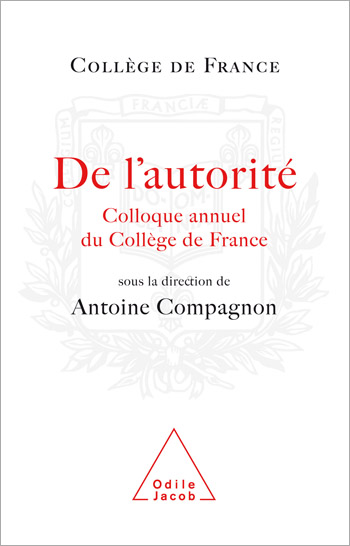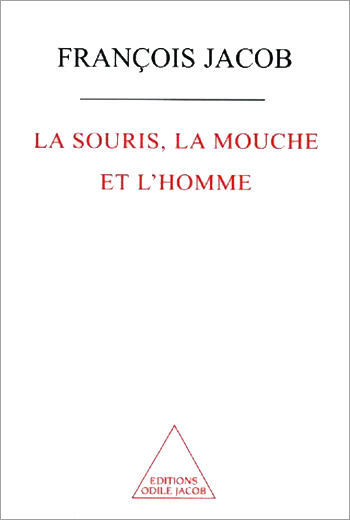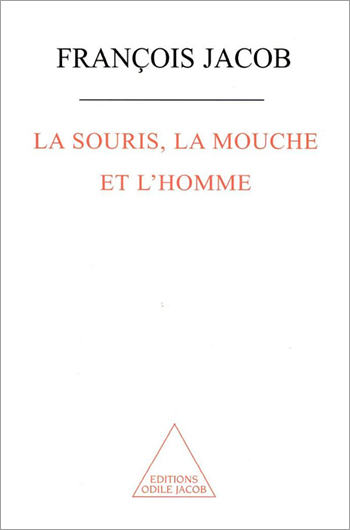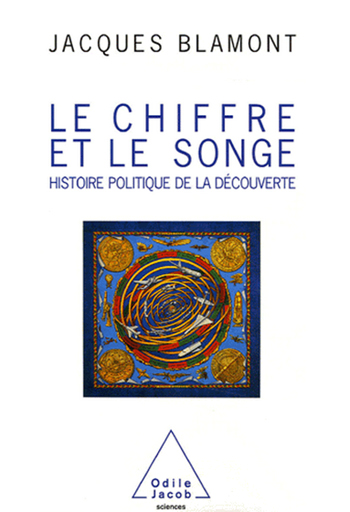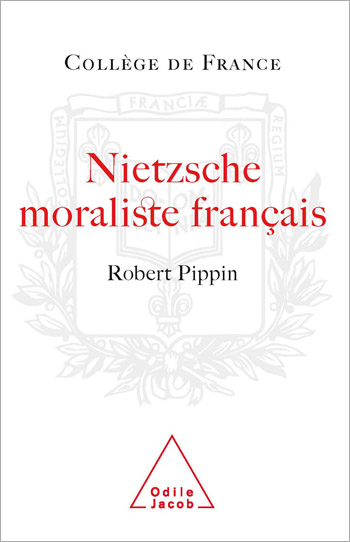Science All books
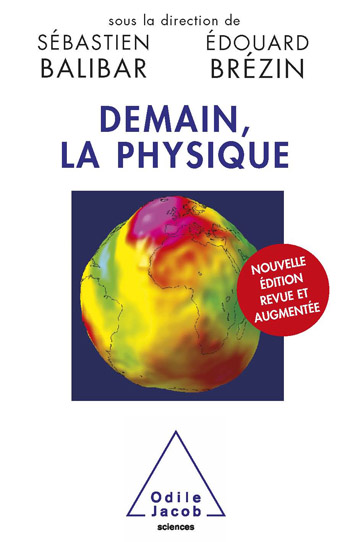
Édouard Brézin, Sébastien Balibar
Physics Tomorrow
The initiative of the Academy of Sciences, ten eminent French scientists share with us the extraordinary advances of contemporary physics.
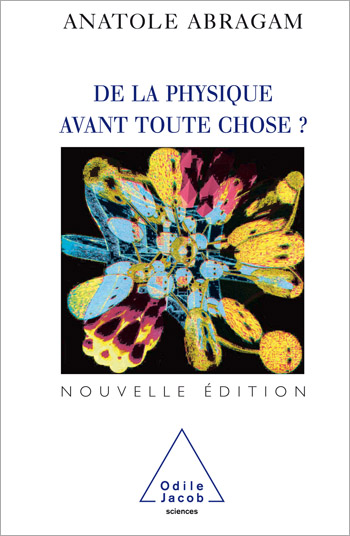
Anatole Abragam
Physics Before Everything New Edition
A. Abragam's autobiography is a fascinating introduction to the world of physics. We follow the uprooted Russian pupil through trial and discovery, witnessing his transformation into accomplished physician. An inspiring work for the moments of pure discovery, when proven evidence seems to magically match theoretical predictions.
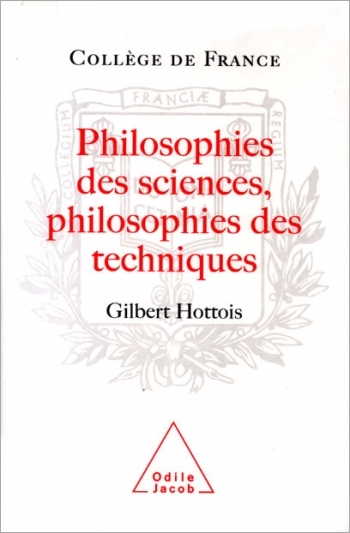
Gilbert Hottois
Philosophy of Science, Philosophy of Technology (Travaux du Collège de France)
Is the philosophy of science concerned with the technique and the philosophy of technology?
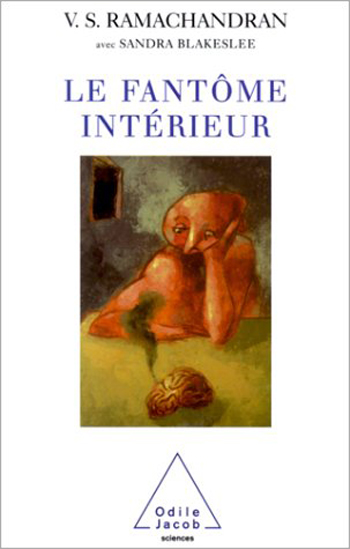
Vilayanur S. Ramachandran, Sandra Blakeslee
Phantoms in the Brain Human Nature and the Architecture of the Mind
How do we make decisions? Why do we deceive ourselves? Why do we dream? Why may we believe in God? Why do we laugh or become depressed? Few scientists have dared address these questions that inform our daily lives with so much acumen and audacity. V.S. Ramachandran is a brilliant Sherlock Holmes of neuroscience. He reveals the strangest case studies he has encountered of patients suffering from serious neurological disorders and the insights they yield about human nature and the workings of the mind. V.S. Ramachandran is professor and director of the Center for Brain and Cognition, at the University of California.
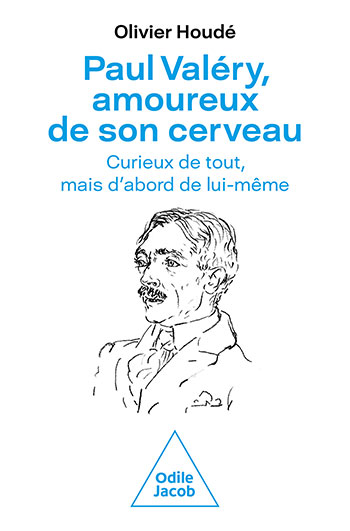
Olivier Houdé
Paul Valéry, In Love with his Brain Curious about everything, especially himself
The work of Valéry seen through the prism of neuroscience today… Fascinating.
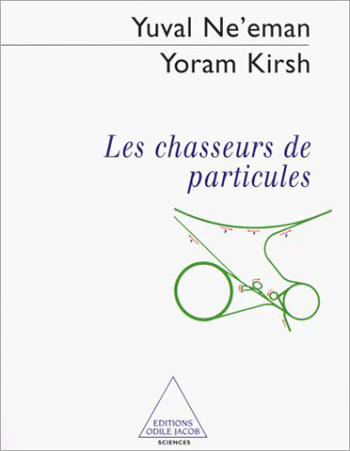
Yuval Ne'eman, Yoram Kirsh
The Particle Hunters
In this book, Yuval Neeman and Yoram Kirsh recount the story of particle physics in the twentieth century. They explain how physicists first discovered the various levels of the atom and then tried to describe its structure, culminating in the most recent "standard model". Assuming that the readers knowledge of physics is limited to basic notions such as energy, mass, and electrical charge, the authors explain the theory of relativity and the fundamental principles of quantum mechanics, which have guided physicists in their search for the ultimate particles of matter. Yuval Neeman teaches theoretical physics at the University of Tel Aviv. Yoram Kirsh teaches physics at the Open University of Israel.
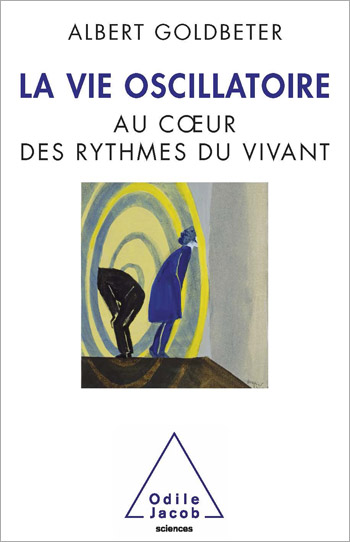
Albert Goldbeter
Oscillating Life At the Heart of Life Rhythms
This book offers the first synthesis of existing knowledge on the rhythms of life, as observed at different levels of biological organisation.
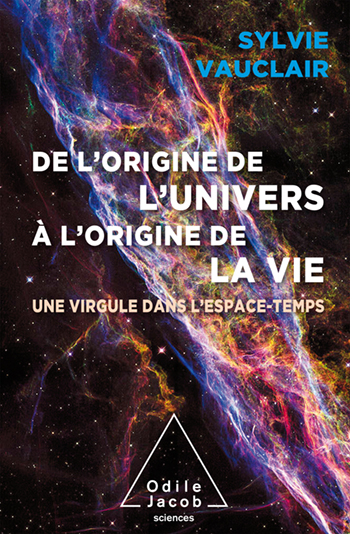
Sylvie Vauclair
Origins of the World, Origins of Life
The last two centuries have revolutionized our perception of the world, a perception that has had to adapt to the notion of perpetual change. A very accessible reflection on the evolution of the Universe and of life.
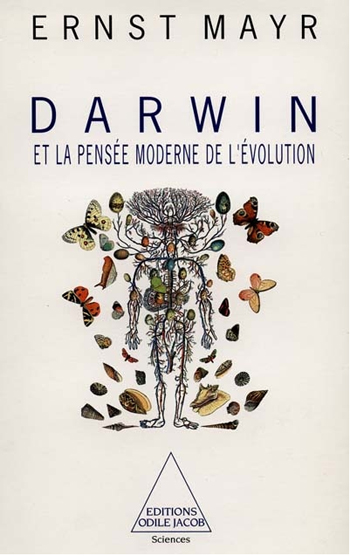
Ernst Mayr
One Long Argument: Charles Darwin and the Genesis of Modern Evolutionary Thought (Questions of Science)
Without Darwin, our knowledge of the living would not be what it is today. But who was really the author of The Origin of Species? Why did these hypotheses lead to one of the most important scientific revolutions of our time? To what questions was Darwin unable to find an answer? Ernst Mayr is a professor emeritus at Harvard University.

Jacques Tassin
On the Invasion of Species
Invasive species are not necessarily harmful. But they need to be managed and mastered.
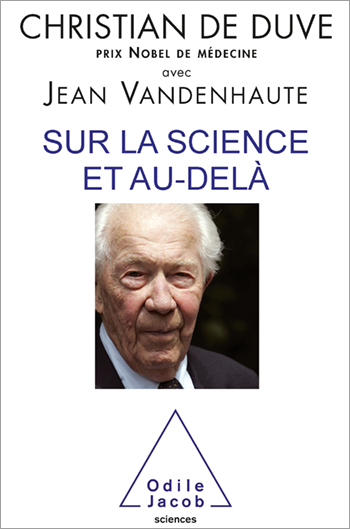
Christian de Duve, Jean Vandenhaute
On Science and Other Matters
In these posthumously published interviews, the late Christian De Duve, Nobel Prize winner in Medicine, gives his views on some of the major issues of our times
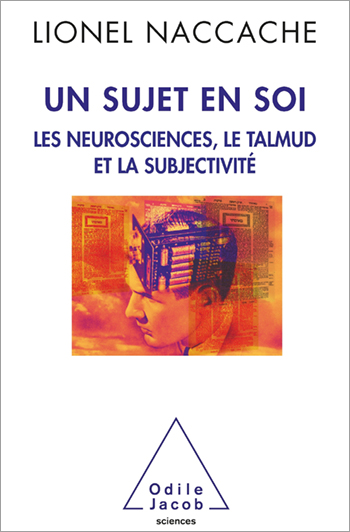
Lionel Naccache
On Being a Subject in Oneself The Talmudic Experience of Spirituality
What does it mean to be oneself? What does it mean to believe? An exploration of the neuroscience and philosophy of subjectivity
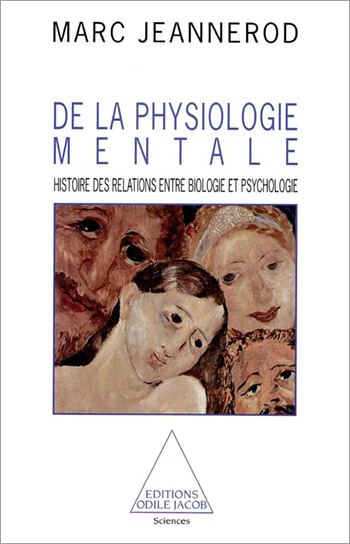
Marc Jeannerod
Of Mental Physiology A History of the Relationship Between Biology and Psychology
A relative newcomer to the world of science, psychology gives rise to a rivalry between two older siblings, philosophy and biology. This enduring conflict between materialism and spiritualism, which continues today in other forms, without adoubt was the driving force behind its progress. What we know today about the spirit is a result of this history. Biology and psychology have shaped each other in turn. This book represents a riveting study on how two centuries of spiritual quarrelling made possible the modern attempt to establish the inner workings of the mind. A professor of physiology at the Université Claude Bernard, Marc Jeannerod is also the director of an Inserm neurological research team in Lyon.

André Brahic
Of Fire and Ice Ardent Planets
A journey through the Universe to explore the mysteries of giant planets

Françoise Zonabend
The Nuclear Peninsula Three Mile Island, Tchernobyl, Fukushima... and after?
Twenty-five years after her first investigation, the author returns to the French nuclear site at La Hague — and finds it more dangerous than ever
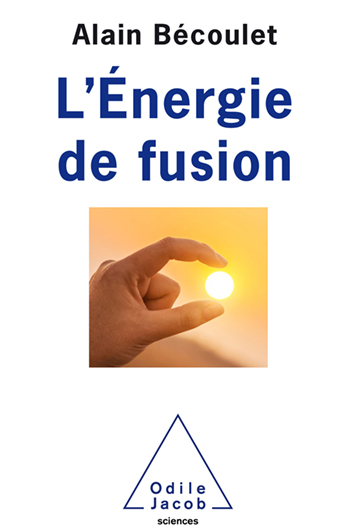
Alain Bécoulet
Nuclear Fusion
The great hope in the realm of energy transition: fusion produces almost no radioactive waste, and doesn’t emit CO2. . .
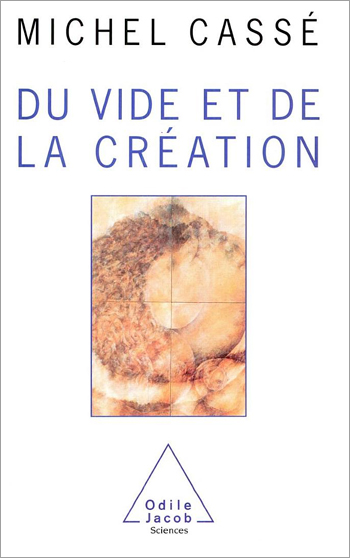
Michel Cassé
Nothingness and Creation
This book is foremost a piece of scientific popularization. M. Cassé leads us on an historical stroll through physics. First we meet the ideas of Galileo and Newton. Then Einstein modifies the classical notions of time and space. Finally quantum mechanics revolutionize our sense of matter. On a deeper level, Cassé sees physics as an arena for debate on the nature of reality. This is why scientific discourse often tends toward reverie and poetic meditation, particularly when concerning itself with the void, a central notion for modern physics and the complex protagonist of Cassé's scientific journey.
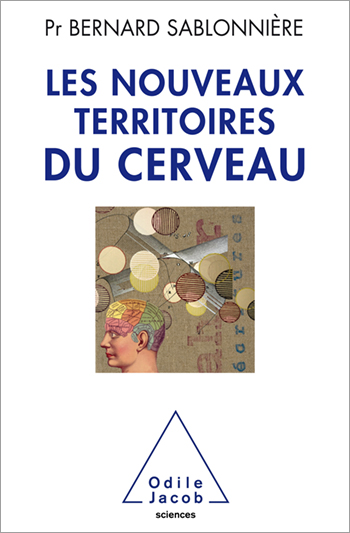
Bernard Sablonnière
News Lands of Brain
Everything we now know about the brain and how to maintain it.

